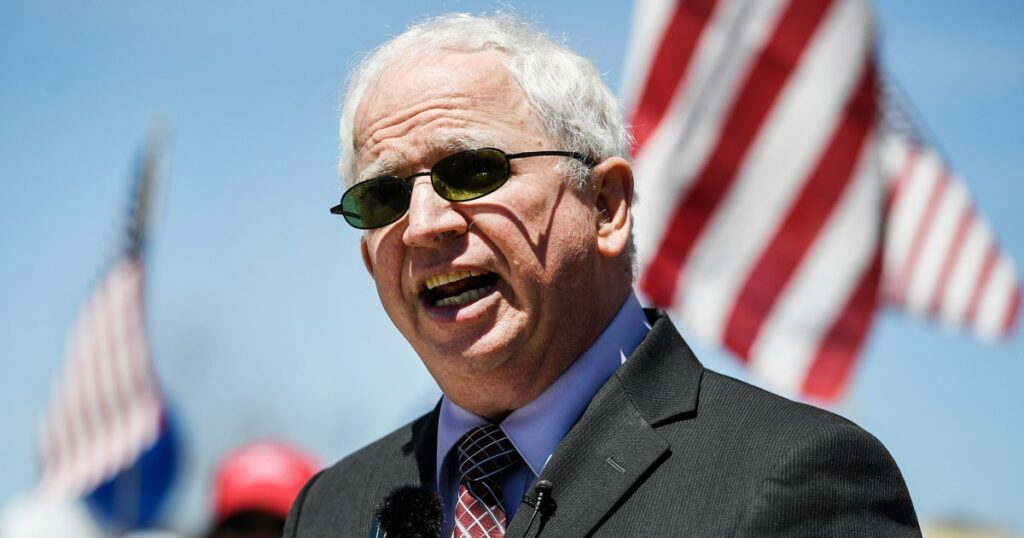Every year around this time, a few of my law students ask me to serve as a “moral character” reference for them. Those of you who are not lawyers may not know that such references are a cornerstone of our profession, reflecting lawyers’ position of public trust in our society. That trust has been repeatedly broken by former President Donald Trump’s lawyers — most recently by John Eastman, the former dean of Chapman University School of Law, and one of the architects of the plan to send slates of fake electors to vote in the Electoral College.
There are good reasons why lawyers hold such a position of trust. We have the ability to deeply affect the lives of our clients, whether they be private individuals or groups, or in the case of government attorneys, the public. We make decisions that can cost our clients not just their life savings but in some criminal cases, their lives. We may also seek to make fundamental changes to the laws in our country, much in the vein of the late Justices Thurgood Marshall, who dedicated his life to racial equality, and Ruth Bader Ginsburg, who dedicated hers to gender equality.
Simply put, with power comes responsibility.
As a result, we are rightly held to a higher ethical standard than members of other professions. Simply put, with power comes responsibility. Thus, before law students can become lawyers, they must prove that they are of good moral character. This may involve not only taking an exam but also completing something called a moral character application, which is in many ways akin to a background check. Part of this application includes obtaining references who can attest to one’s character. And that’s where law professors like me enter the picture.
Furthermore, once one passes that moral character vetting process, not to mention the bar exam, future lawyers must also take an oath to become a member of the bar. The oath requires that applicants pledge to uphold the U.S. and state constitutions of where…
Read the full article here





